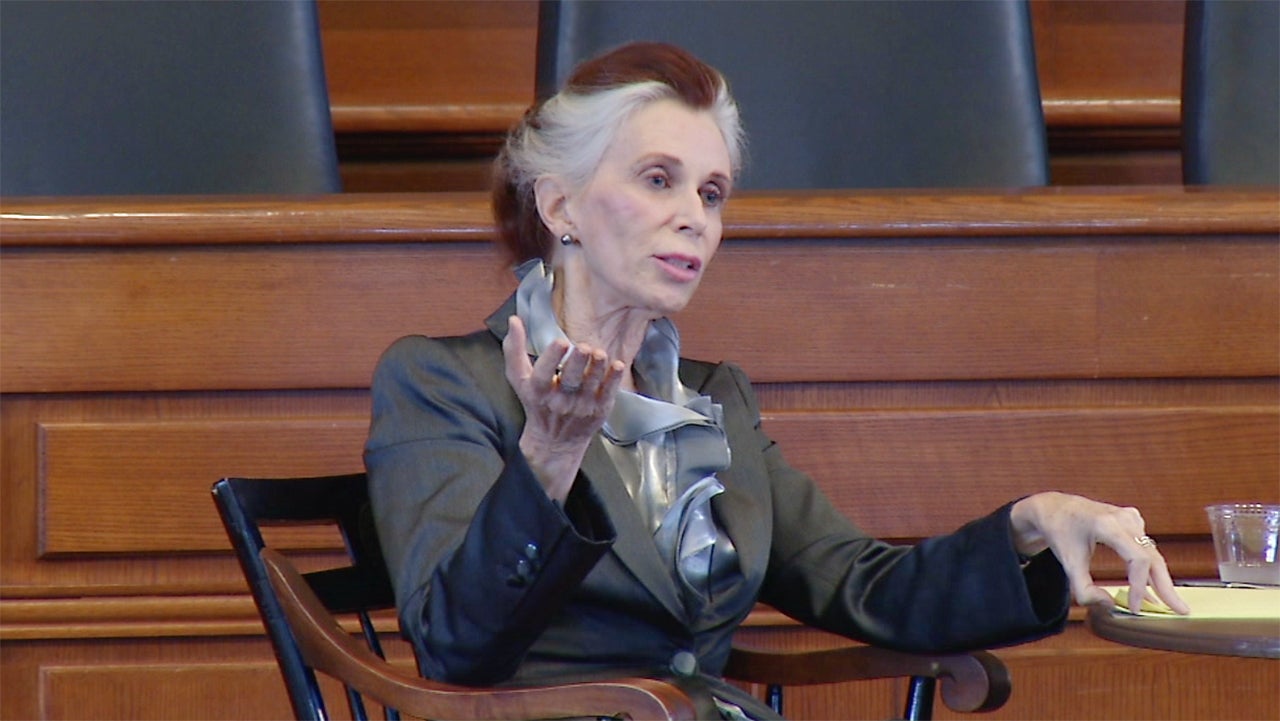According to chaos theory, the minuscule motion of a butterfly’s wings can trigger a tornado half a world away. Under the right conditions, small simple actions can produce large complex effects.
In her most recent book, “Butterfly Politics,” Catharine A. MacKinnon, a pioneer of legal theory and practice and an activist for women’s rights, argues that the right seemingly minor interventions in the legal realm can have a butterfly effect that generates major social and cultural transformations.
On Sept. 18, the Harvard Law School Library hosted an event celebrating the book’s recent publication. During the event, MacKinnon, the James Barr Ames Visiting Professor of Law at Harvard Law School and the Elizabeth A. Long Professor of Law at the University of Michigan, reflected on the dynamics of inequality and her decades of research.
MacKinnon is the author of more than a dozen books. Her book “Sexual Harassment of Working Women,” published in 1979, helped shape thinking about harassment in the workplace. Over her more than four-decade career, she has focused her scholarship on issues of sex equality, spanning civil, criminal and constitutional law in both domestic, international and comparative forums.
","read_more_link":"https://www.nytimes.com/2018/03/19/books/review/metoo-workplace-sexual-harassment-catharine-mackinnon.html","read_more_text":"Read New York Times 3/19/18 feature on Catherine MacKinnon","float":"longform","background_color":"pear"}” data-id=”pull-content”>Read More
Before #MeToo, There Was Catharine A. MacKinnon and Her Book ‘Sexual Harassment of Working Women’
Catharine A. MacKinnon’s influential work of legal scholarship “Sexual Harassment of Working Women,” published in 1979, has helped shape thinking about harassment in the workplace. She was a pioneer in the legal claim that sexual harassment was a form of sex discrimination.
Read New York Times 3/19/18 feature on Catherine MacKinnon »
Powerful individuals and entities are taking sexual abuse seriously for once and acting against it as never before. No longer liars, no longer worthless, today’s survivors are initiating consequences none of them could have gotten through any lawsuit — in part because the laws do not permit relief against individual perpetrators, but more because they are being believed and valued as the law seldom has. Women have been saying these things forever. It is the response to them that has changed,”
Catherine MacKinnon, celebrating the #MeToo movement in a New York Times op-ed, acknowledging that the movement was able to achieve what sexual harassment law could not.
